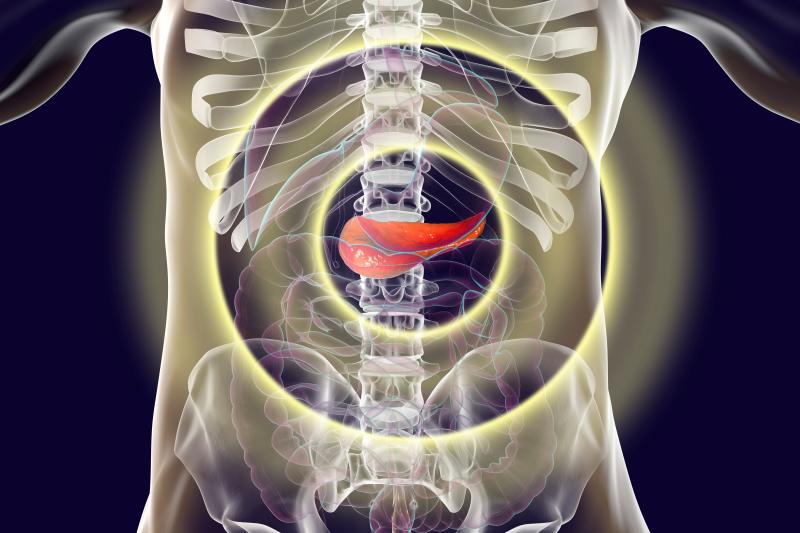
A Singapore study has recently shown the feasibility and safety of robotic pancreatoduodenectomy (RPD) in certain patients.
“It can be safely adopted by surgeons who are experienced in both open pancreatoduodenectomies (OPDs) and advanced laparoscopic surgery (LPD) without compromising patient outcomes, compared to the open approach,” the researchers said.
Seven consecutive RPDs performed by a single surgeon in 2016–2017 were identified through a retrospective review of a single-institution prospective robotic hepatopancreaticobiliary (HPB) surgery database of 70 patients. RPDs were matched 1:2 with 14 OPDs selected from 77 consecutive pancreatoduodenectomies (PDs) performed by the same surgeon between 2011 and 2017.
Of the seven patients who underwent RPD, five were hybrid procedures with open reconstruction. No open conversions occurred. The median operative time was 710 min (range, 560–930 min). [Singapore Med J 2019;doi:10.11622/smedj.2019119]
Two major morbidities (grade >2) were recorded: gastrojejunostomy bleed requiring endoscopic haemostasis and delayed gastric emptying requiring feeding tube placement. No pancreatic fistulas, reoperations or 90-day/in-hospital mortalities occurred among patients who underwent RPD.
Furthermore, RPD was associated with a significantly longer operative time compared with OPD. No significant between-group difference was observed in estimated blood loss, blood transfusion, postoperative stay, pancreatic fistula rates, morbidity and mortality rates, R0 resection rates, and lymph node harvest rates.
Previous studies comparing RPD and OPD showed varying results, but most agreed that the robotic approach is associated with reduced blood loss, shorter hospital stay, similar or even reduced complication rates, but similar mortality rates. [World J Surg 2017;42:788-805; World J Surg 2011;35:2739-2746; Int J Surg 2012;10:475-479; Int J Med Robot 2011;7:131-137; J Gastrointest Oncol 2015;6:396-405; Surg Endosc 2012;26:2397-2402]
A systematic review and meta-analysis of 20 studies comparing OPD with minimally invasive PD and involving 2,759 patients found that the robotic approach was superior to both the open or laparoscopic approach in terms of delayed gastric emptying, postoperative stay, harvested lymph nodes and postoperative morbidity. Pairwise comparison showed no difference in postoperative mortality. [World J Surg 2017;42:788-805]
Several studies have examined the short-term outcomes and safety of RPD, but none of them provided direct data on long-term oncological outcomes (ie, survival and recurrence). Such parameters were investigated in terms of lymph node harvest yield and R0 resection rates, which were independent barometers of survival in pancreatic cancer. [Surg Endosc 2017;31:3085-3097; Ann Surg Oncol 2008;15:165-174; J Clin Oncol 2009;27:2855-2862]
The current review was limited by its small sample size, leading to a propensity for bias and the inability to reach any significant conclusions due to lack of power. Confounding effects could also be present since patients could not be perfectly matched, according to the researchers.
“Further studies in larger patient cohorts are needed to determine if RPD results in superior patient outcomes compared to LPD and OPD,” they added.